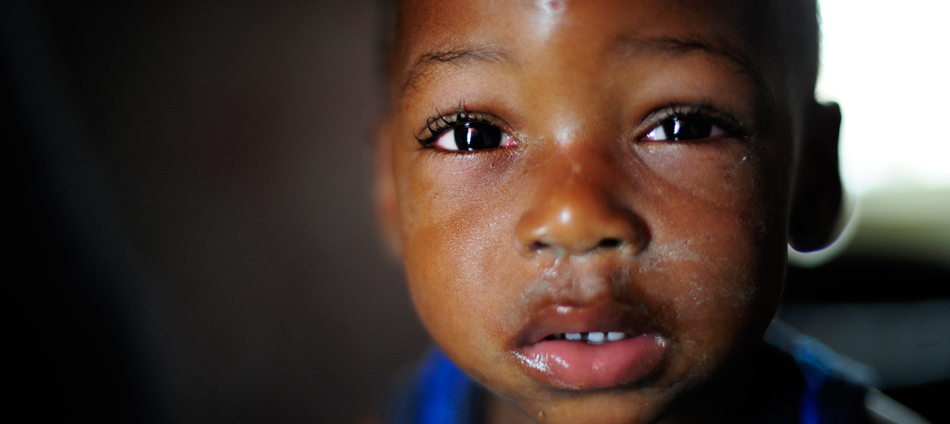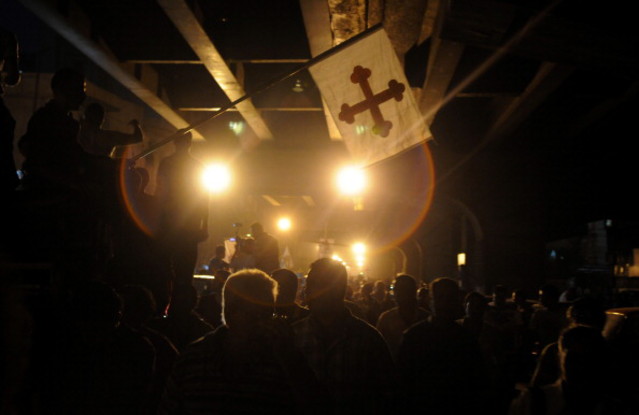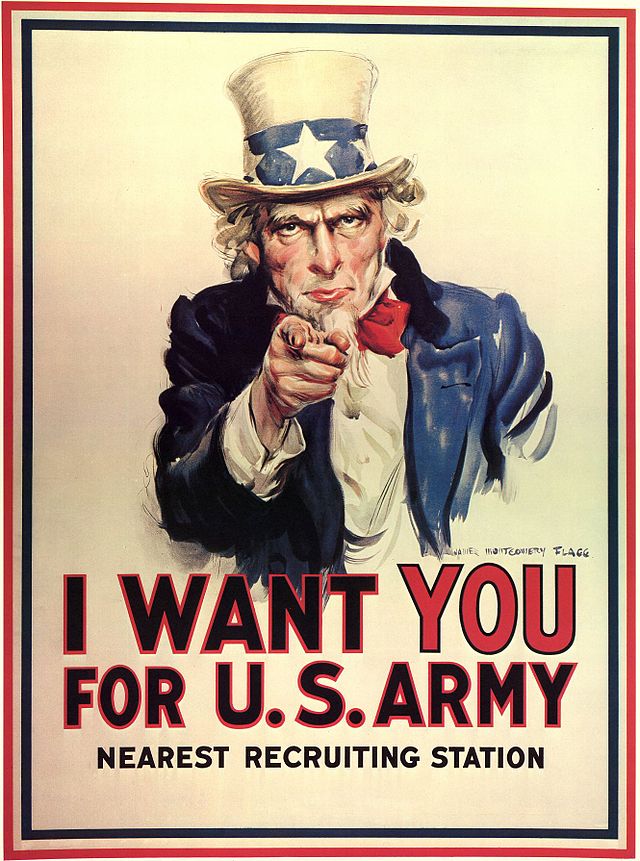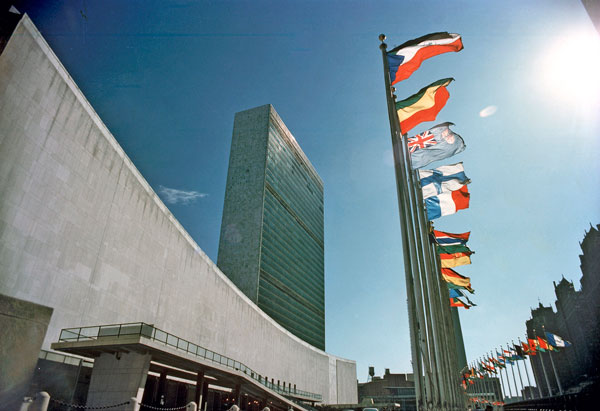Most of the individuals around the world today belong to one or more nationality in which they are legally bonded with their birth-state or/and naturalized state. They possess the basic human rights and have a national identity that protects them in accordance to the country’s domestic laws.However, what about those with no nationality? There are an estimated 12 million individuals around the world who have no state, no national identity, and no form of legal representation. They are simply stateless in their own country. Though some individuals may be physically in a state, they represent a status of statelessness. Why is this?
The 1954 Convention relating to the Status of Stateless Persons defines a stateless person as “a person who is not considered as a national by any State under the operation of its law.”
Individuals who are stateless are deterred from enjoying the basic human rights as outlined in the Universal Declaration of Human Rights, that most of us take for granted. Being stateless comes with being unable to possess a birth-certificate, the inability to vote or own property, the inability to obtain bank accounts or attend an institution educational, the inability to obtain a passport and travel, and so forth. They are territorially limited, exiled, confined, and unprotected. Stateless people are simply invisible to the state that they live in. Individuals who are stateless have no link to the state.
At time, statelessness results from to war-zone conflict, ethnic/minority discrimination, and/or the disintegration of states. For example, at the end of the Cold War, many individuals were left stranded and without a state to legally represent them. This led to a profound change in international relations and the issue of statelessness became an agenda item for the international community to discuss. This prompted human right organizations and other organizations such as UNHCR to address the issue of statelessness and try to avert the increasing statelessness and provide protection to those individuals who have no nationality. But in the end, the problem of statelessness can only be addressed by the states themselves.
[captionpix align=”left” theme=”elegant” width=”300″ imgsrc=”http://natoassociation.ca/wp-content/uploads/2013/10/stateless-children-shed-20110909.jpg ” captiontext=”Stateless people are usually isolated from society. Children are not issued birth certificates and lose the opportunity to education.”]
Dominican Republic: The Nationality Case:
The Dominican Republic has been in the news lately for the refusal to represent individuals of Haitian descent residing in the island. It wants to deny the Haitians rightful nationality and deem them as illegal, leaving many stateless. When we look into the Yean and Bosico Children v. The Dominican Republic, the Inter-American Court ruled that by“refusing to issue birth certificates and preventing the applicants from enjoying their citizenship rights due to their Haitian origin, the Dominican state had violated a number of the children’s rights under the American Convention: the rights of the child, the right to nationality, the right to equal protection, the right to juridical personality, the right to a name and the obligation to respect their rights.”
Just last month, a statement was received by Washington that the Constitutional Court of Dominican Republic will strip the nationality of thousands of Haitian descent living in the Dominican Republic, born to undocumented migrants over the past 85 years. The Dominican government has re-written its constitution, re-interpreted old laws and passed new ones effective immediately to apply to every one of Haitian descent including new-borns. From now on, in order for a new-born to become a citizen of Dominican Republic, she or he must have at least one documented parent. If not, they will not be issued a birth certificate and therefore will be denied citizenship and considered stateless. Some Haitian born-migrants are unable to prove their own citizenship in Haiti. Some of the Haitian descent Dominicans can no longer obtain jobs because of their lack of proper documentation and their children cannot go past the eighth grade. The Dominican government has argued that people who are illegally in the country were never meant to obtain citizenry and that it only happened due to errors and corruption by the civil registry employees. If this ruling is implemented, then it will leave thousands of the Haitian-Dominicans, not only stateless, but stranded.
Advocates for the stateless such as Liliano Gamboa, a project director for the Open Society Justice Initiative in Santo Domingo, have argued that the Dominican Republic is breaching an international treaty to which it is a party, the American Convention of Human Rights under the Organization of American States.
Steps forward:
One proposed solution to reducing the issue of statelessness is for the international community to pressure domestic governments to change their policies about immigration and citizenship. The people without a nationality and without an identity are most vulnerable and unprotected. Possession of nationality is important in order to be a full participant in society. But being a citizen of no country can have a terrible impact on the individual. Stateless people are denied re-entry or even expelled from the country that they live in. They are denied access to health services, education and even employment-leaving them in a uncertain fate and unable to enjoy the full range of human rights as expressed in the Universal Declaration of Human Rights.
Hence, to tackle this issue of statelessness, it does make sense for the international community to come together and find the best solution, and at least, provide protection to the stateless people.




